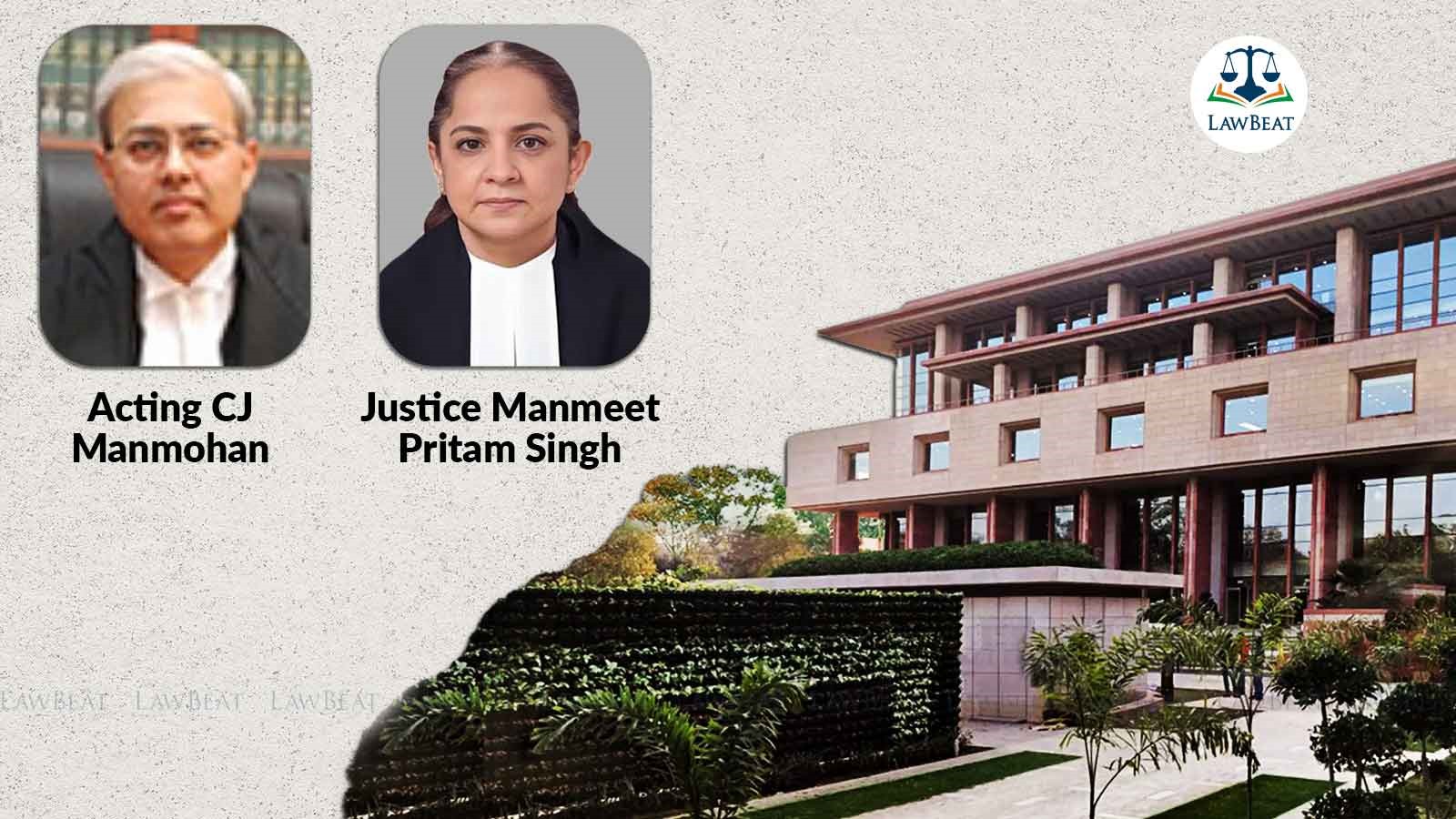Party Symbols Are Allocated On ‘First-Come First-Served’ Basis: Delhi HC

The Delhi High Court has held that party symbols are assigned based on the order of application submission, with priority given to those received first by the Election Commission of India.
The Court dismissed the petition of an unrecognized party “Naam Tamilar Katchi” challenging proviso 1 and 2 of Explanation (iv) of Paragraph 10B(B) of the Election Symbols Order, 1968.
The Bench headed by Acting Chief Justice Manmohan and Justice Manmeet Pritam Singh Arora held, “a plain reading of the impugned Explanation along with its Proviso(s) clearly shows that the said provision is based on the principle of ‘first-come first-served’ basis and to achieve this object, and the objective criteria of determination of the ‘first’ applicant has been fixed as the ‘date’ on which the application for allotment of the symbol is received by Respondent No. 1”.
A writ petition was filed by an unrecognized party named Naam Tamilar Katchi seeking to strike down the allotment of ‘GannaKisan’ election symbol to the Respondent No. 2 by the Election Commission. Senior Advocate Haripriya Padhmanabhanappearing for the Petitioner contended that since the Petitioner Party is an unrecognized party, they must apply for a free symbol for each election, and the ‘Ganna Kisan’ symbol was previously allotted to them for elections from 2019 to 2023.
However, Standing Counsel for the Election Commission of India Ankit Agarwal argued that allotment of election symbols is based on first come first serve basis per Explanation (iv) of Paragraph 10B (B) of the Election Symbols Order.
The Court observed that per proviso of Paragraph 10B (B) Explanation (iv), allotment is based on the principle of first come first serve basis. The Court further expounded that the objective criteria for determination of first applicant would be based on the date allotment application has been received by the Election Commission.
The Bench also rejected the prayer of the Petitioner party seeking to quash the term ‘same date’ in Provisos 1 and 2. The Court emphasized that such request overlooks the consistent use of ‘same date’ across all provisos under Explanation (iv). Additionally, the Court observed that such an amendment would undermine the principle of ‘first-come-first-served’ outlined in Explanation (iv).
The Bench cited the case of Union of India and Another v DeokiNandan Aggarwal [(1992) Supp (1) SCC 323] and reiterated that Courts cannot alter statutory provisions.
“The scheme of Explanation (iv) and its Proviso(s) including the Proviso 1 are consistent, non-discriminatory and apply uniformly to all eligible applicant. The language of the impugned Explanation and Proviso 1 is plain and unambiguous.”, the Court noted.
Accordingly, the Court dismissed the Petition.
Case Title: Naam Tamilar Katchi Through Its President v Election Commission Of India & Anr (2024:DHC:1774-DB)
